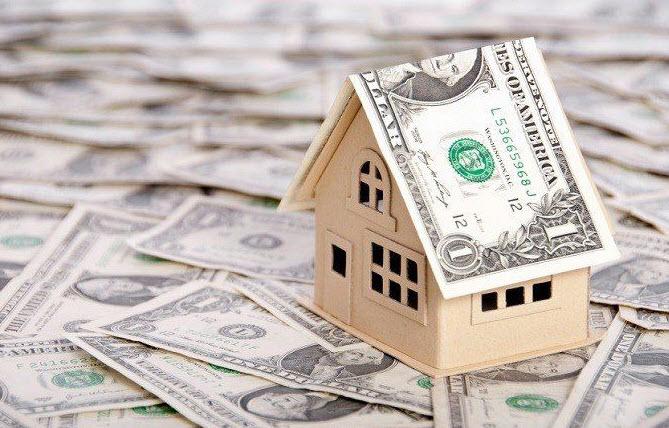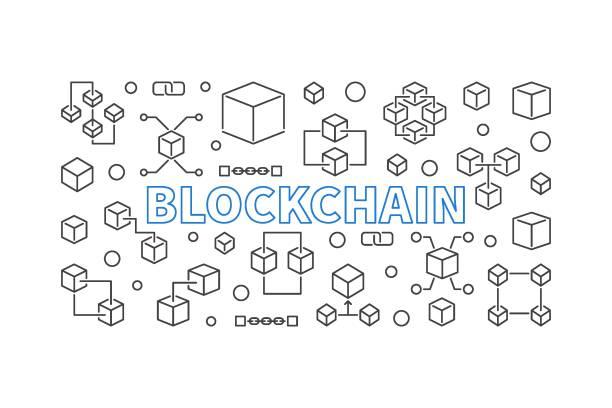What can refinancing a mortgage do for you? Although saving money is the obvious answer, there are a lot of ways to do that, depending on what your personal goals are, and various options for doing so.
Reduce interest rate
Of course, the main reason people refinance a mortgage is to reduce their interest rate. Which only makes sense - a lower interest rate means you're saving money, right? If you're presently paying 6.0 percent, and can refinance at 4.5 percent, why wouldn't you?
Except - it's not quite that simple. Any time you refinance, which is basically taking out a new mortgage, you have to pay an origination fee and other closing costs. These can add up to 3-6 percent of the loan amount. So if you're refinancing a $200,000 mortgage, your new loan balance will likely be from $206,000-$212,000, once the new fees are rolled in.
So for refinancing to save you money, you have to remain in the new mortgage long enough for your savings from the lower interest rate to exceed what you paid to refinance. This typically takes several years - you can figure out exactly how long using a mortgage calculator - but if you sell the home or refinance again before you reach that point, you haven't saved a dime.
Pay off faster
Another reason people refinance their mortgage is to pay it off faster. Although you can simply pay extra each month if you want to accelerate your payoff date, refinancing to a shorter term will probably allow you to significantly reduce your interest rate as well - 15-year fixed-rate mortgages are currently running around 3.5 percent. Refinancing into a shorter term also provides a financial commitment to an accelerated payoff, which voluntary extra payments don't provide.
Again, you need to take into account your closing costs to determine just how much you'll save and when you'll reach your "break-even" point on the refinance (see above).
Extend the term
This is just the opposite of paying off faster. Some people want to stretch their mortgage payments out further to reduce what they have to pay every month. While this can make sense if your finances have tightened - either through lost income or increased expenses - the downside is that you can end up paying more in interest over the life of the mortgage, because you're stretching your payments out further. A lower interest rate can counter this, but your break-even point will still be delayed compared to what it would be if you kept the same payoff date as the old mortgage.
Get out of an ARM
One of the more popular reasons for refinancing is to convert an adjustable-rate mortgage (ARM) to a fixed-rate one. ARMs provide a low interest rate up front, but can be unpredictable once the rate begins to reset after several years. A fixed rate is good for the life of the loan. Also, although they are less common than they used to be, some ARMs still include features like balloon payments, and refinancing enables a borrower to avoid those.
Combine mortgages
Many homeowners have more than one mortgage on their home, either because they took out one or more home equity loans or because they used a "piggyback" mortgage in place of a down payment. Typically, the interest rate on the smaller loan is significantly higher than on their primary mortgage - often two percentage points. If the mortgage is more than a couple years old, chances are interest rate on the primary mortgage is at least a full percentage point higher than current rates are as well. Refinancing allows a homeowner to roll both into a single, low-rate mortgage.
Take cash out
If you have a fair amount of equity in your home, you can borrow against it when you refinance even as you're obtaining a lower interest rate on your mortgage. Again, this is less common than it used to be, due to declining home values and more conservative financial behavior by homeowners in general, but a cash-out refinance can offer certain advantages.
A cash-out refinance allows you to borrow at an extremely low interest rate right now, as well as having that interest be tax-deductible, because it's part of your mortgage. People often go this route to fund home improvements, business investments or major purchases. Keep in mind, though, that you're reducing your equity "safety net" in your home and will be paying that cashback over the life of the loan, which may make the interest savings less attractive than at first glance.
Putting cash in
Many homeowners today are opting for a cash-in refinance, just the opposite of above. They're bringing money to the table to reduce their loan balance when they refinance. Usually, this is when they have little or no equity in their home due to declining property values and need to improve their equity position in order to qualify for a refinance.
Whether this is a good financial strategy or not depends on several factors. First, you have to be confident your property value going forward will increase or at least hold steady - you don't want to be throwing good money after bad if home values fall further.
Second, how much would that money earn if you invested it elsewhere? Would you be able to earn more by investing that money than you could save by refinancing? Don't forget to figure in tax consequences. If so, a cash-in refinance isn't worth it. If not, you might give it a closer look.
See your financial advisor
This is just a short overview of some of the ways you might seek to benefit financially by refinancing your mortgage. To explore them more fully, it's a good idea to discuss them with your account or financial advisor before taking action.




